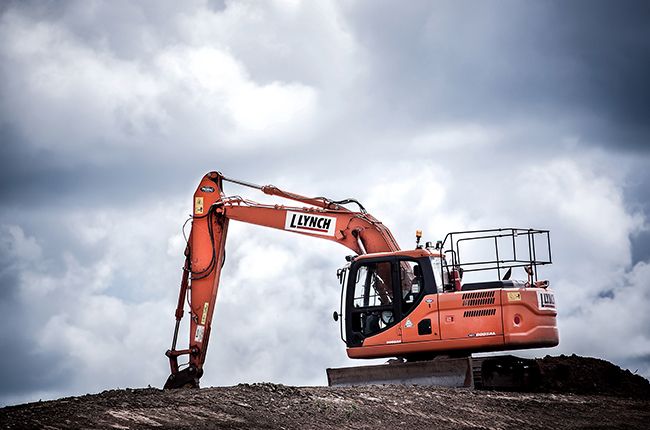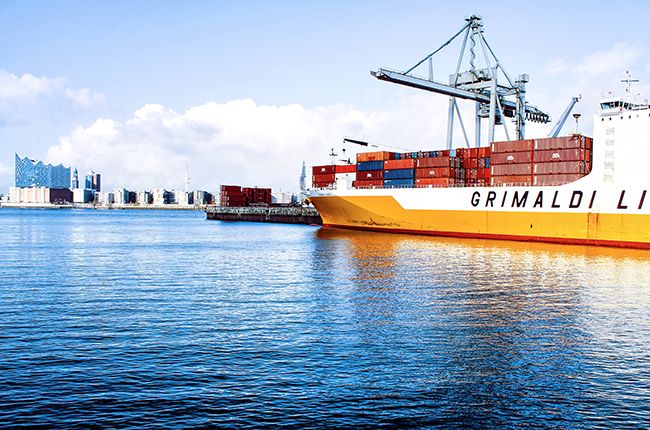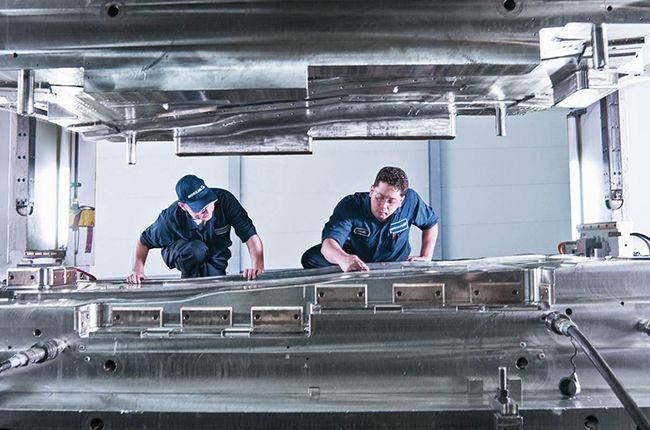
Our Value Chain

01 Design
We consider sustainability criteria in a holistic way during product design, as decisions made at this stage can have far-reaching impacts throughout the product life cycle.
Issues Addressed
Impacts at all stages of the product life cycle, e.g.:
- Sustainable, renewable and recyclable materials
- Product quality
- Occupant safety
- Material handling at end of life
Value Created
- New and better ways to move in future, leading to easier commutes, less congestion and improved air quality (see also Vehicles in Use)
- Contributing to the circular economy, e.g., recycling and reusing materials
- Innovations are often shared with the automotive industry as a whole

02 Materials and Suppliers
We depend on materials, parts and components from our suppliers, and work with them to encourage high environmental and social standards.
Issues Addressed
- Human rights and working conditions
- Conflict minerals
- Use of materials and natural resources
- Waste reduction
- Water use
Value Created
- Securing a sustainable supply of materials, goods and services through responsible sourcing
- Achieving tangible improvements for workers and the environment through supply chain management and engagement
- Contributing to local economies, entrepreneurship and livelihoods through our global procurement activity


03 Logistics
With our logistics service providers, we focus on delivering inbound freight (components, parts, etc.) and transporting finished vehicles from our manufacturing facilities to dealerships in an environmentally efficient way.
Issues Addressed
- Fuel consumption
- Transport emissions and impact on climate change
- Packaging
Value Created
- Reducing road miles and optimizing efficiencies through a balanced transport mix
- Collaborating with partners and industry on methods to accurately measure and improve transport impacts
- Designing packaging to reduce materials use and waste

04 Manufacturing
By investing in world-class facilities, we drive innovation and excellence in vehicle manufacturing and production.
Issues Addressed
- Use of materials and natural resources
- GHG emissions
- Water use
- Energy use
- Waste reduction
- Occupational health and safety
- Local community impacts (noise, congestion, etc.)
Value Created
- Lean process innovations such as recycling
- Manufacturing process innovations that use less water, energy, etc.
- Socio-economic contributions (e.g., salaries for local workers, taxes paid to local governments)
- Promoting safe and healthy work environments


05 Sales and Service
The Blue Oval is recognized in Ford dealerships worldwide as a sign of quality, service and corporate citizenship.
Issues Addressed
- Customer satisfaction
- The environmental impacts of our dealerships
Value Created
- Dealerships provide local employment
- Recycling of used parts
- Fundraising and volunteering to support good causes

06 Our Vehicles In Use
The greatest impact we have is through our products. We innovate to achieve continuous improvement across our lineup while shaping transportation of the future.
Issues Addressed
- Carbon footprint of our products
- Urbanization and congestion
- Air quality
- Driver and occupant safety
Value Created
- Affordable fuel economy
- Mobility solutions (car-sharing and public transport apps, connected and autonomous vehicles, big data, fold-up bikes) that reduce congestion and pollution and positively affect the environment
- Improved road safety from driver assist technologies and safe driving courses


07 End of Vehicle Life
Designing in recyclability from the start is key to driving the circular economy, facilitating disassembly and enabling materials to be recaptured and reused at end of service.
Issues Addressed
- Recyclable materials
- Waste reduction
Value Created
- Closed-loop processes with materials going back into processing, e.g., aluminum recycling
- Making “waste” a valuable resource, stimulating demand for recovered and recycled materials
- Reduced waste to landfill and in oceans
